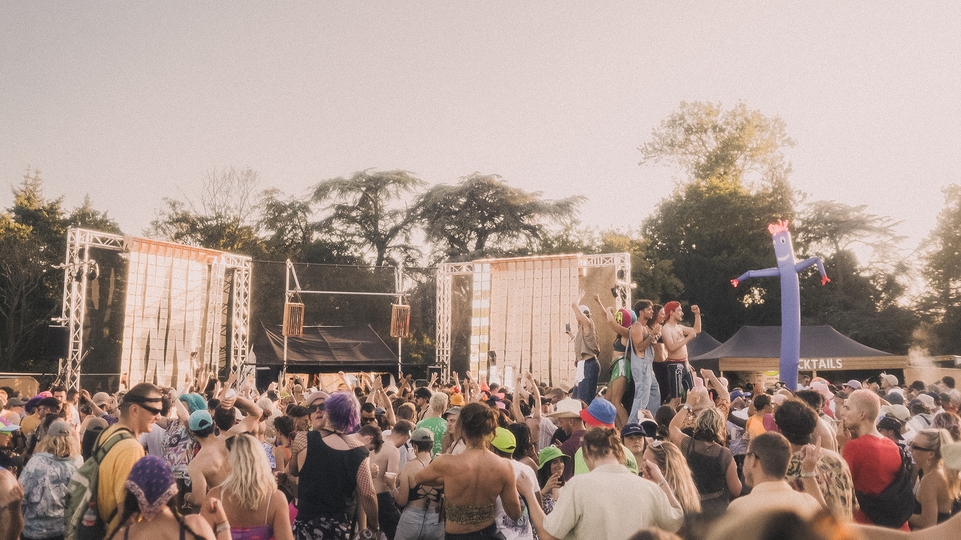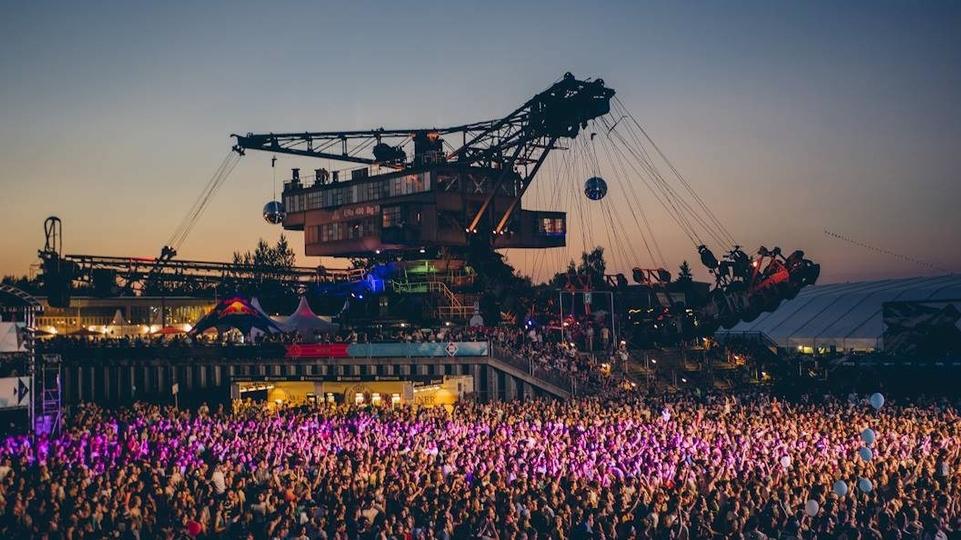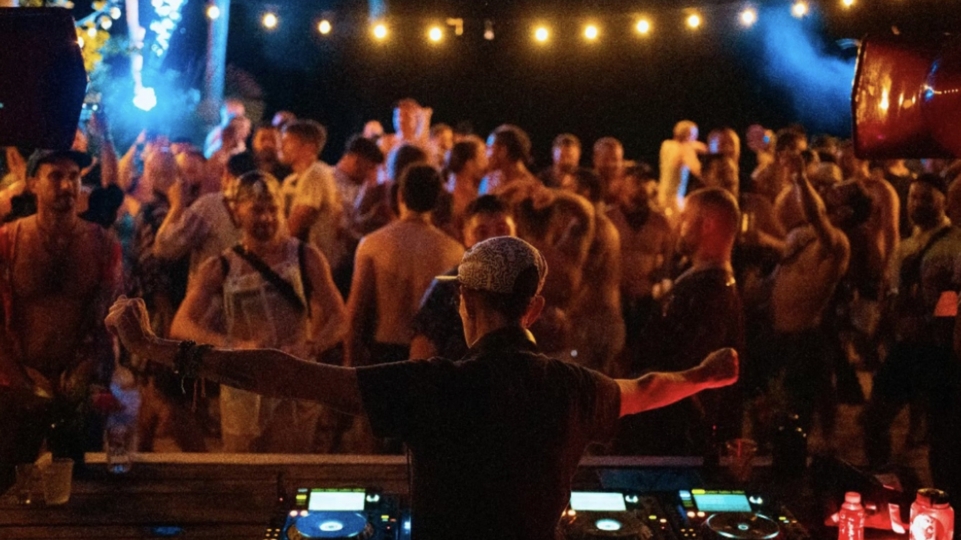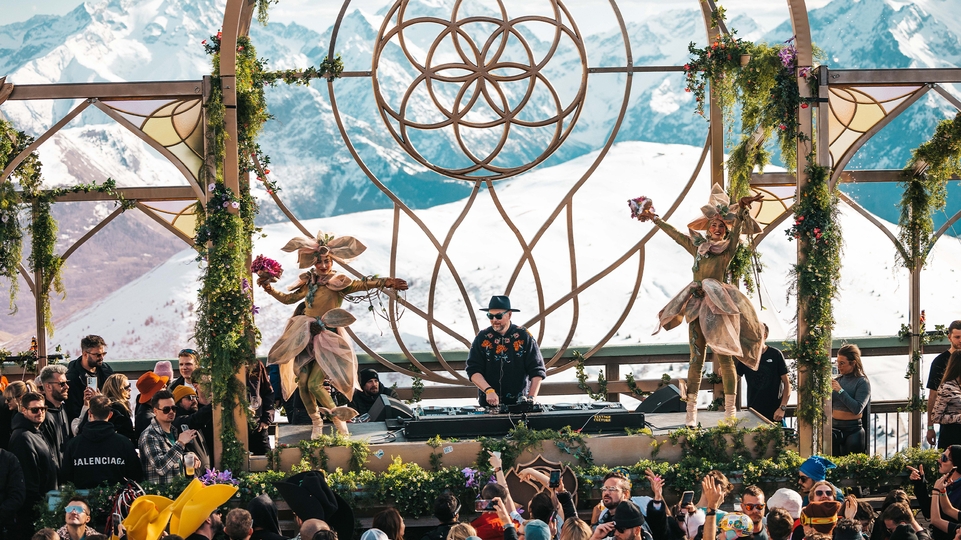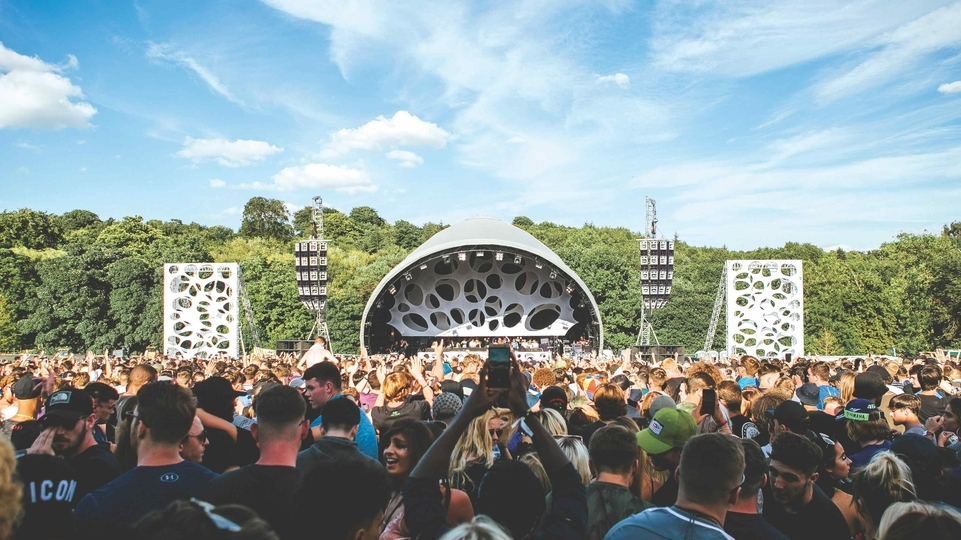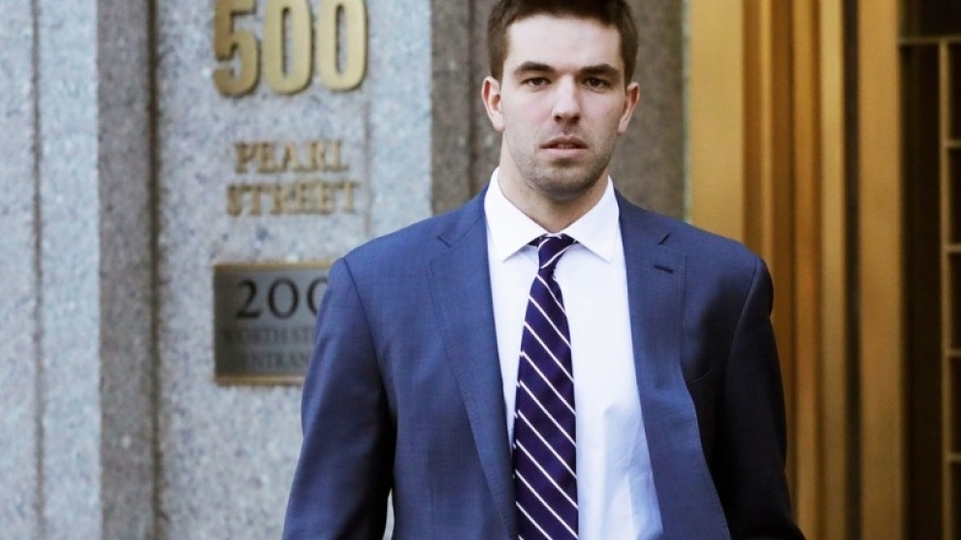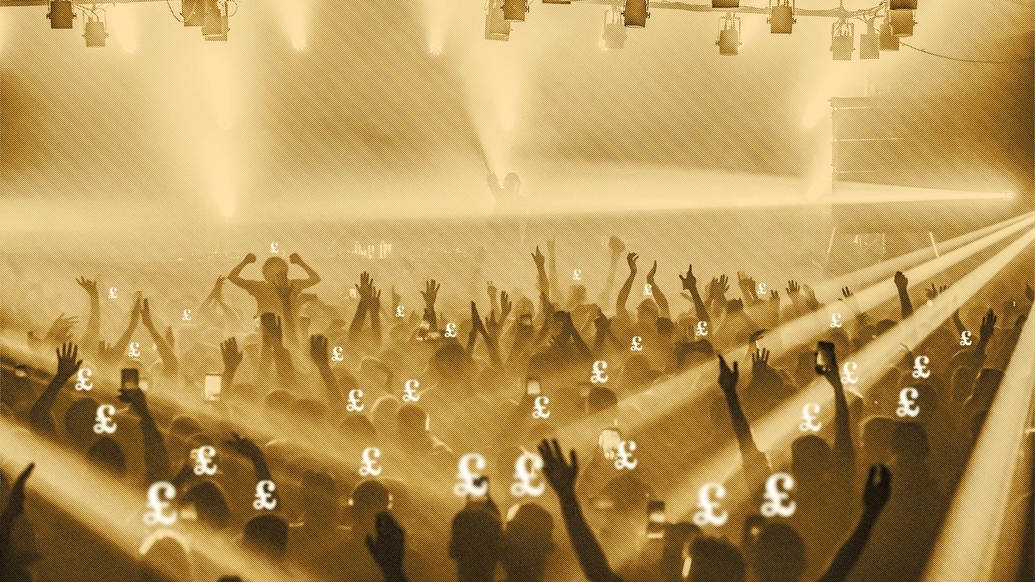
Should a DJ ever play a festival for free?
Most DJs love playing festivals, but what should you do when you’re asked to play one for free, and even cover certain costs yourself? Ria Hylton speaks to DJs Sheba Q, Harold Heath, Charlie Dark and others, along with festival organisers, to find out
Imagine this: you’ve been playing lowkey sets around your hometown for some years, run a small but well-loved party series and have landed a regular show at your local radio station. And then one day you’re offered what every selector longs for — a DJ slot at your favourite festival. The only hitch is, there’s no fee, the festival is out of town, and you’ll have to cover food and travel costs. Would you take it?
It’s a common conundrum in the electronic music community — talk to any DJ that’s been around and they’ll share a story or two — but few are willing to go on the record. In fact, of all the artists DJ Mag approached, half asked to remain anonymous.
One DJ willing to publicly criticise the practice, however, is London’s anu. In late January, she tweeted the following: “lemme just be transparent — these festivals will book ‘upcoming’ & ‘breakthrough’ DJs for NO MONEY. they'll put you on billboards, get you to record mixes for them. flights, accom etc. is all covered by YOU. if you're a fav you'll get booked again. probably not tho.” The tweet was liked over 100 times, as was the short tail-piece she added moments later: “no matter how big or small of a DJ you are you should be paid for your services, no matter what. if they can't pay you, they shouldn't be booking you.”
Another artist to voice concerns was Sheba Q, who had been booked to play at Outlook months earlier. We caught up with the junglist DJ ahead of her all-vinyl set at Corsica. “It’s a situation that forces you to question your integrity a little bit,” she tells DJ Mag, “so I try to be open and honest with myself and with other people, which is why I made a point of talking about it openly.”
Sheba Q was invited to perform at Outlook’s 2021 edition through Subtle Radio, where she had a regular show, and was paid with two sell-on festival tickets. Having planned to head to the festival, she wasn’t too worried about having to cover travel costs. “The way I justified it in my mind was that I was planning on going anyway, so if I can go and get a bit of extra pocket money, great,” she explains days later over Zoom.
The only problem was, with the Outlook cancellation in 2020 and all the tickets having rolled over into the following year, and the uncertainty around the 2021 edition, tickets were proving tricky to shift — and Sheba Q’s never sold. As a full-time maths teacher at a secondary school, she had to arrange time off when the festival dates moved from late July-early August to during school term time. “If there was no pandemic and no uncertainty, then I would have been able to sell them easier,” she explains, “but in the end, all I got was a refund for the ticket that I had originally bought.”
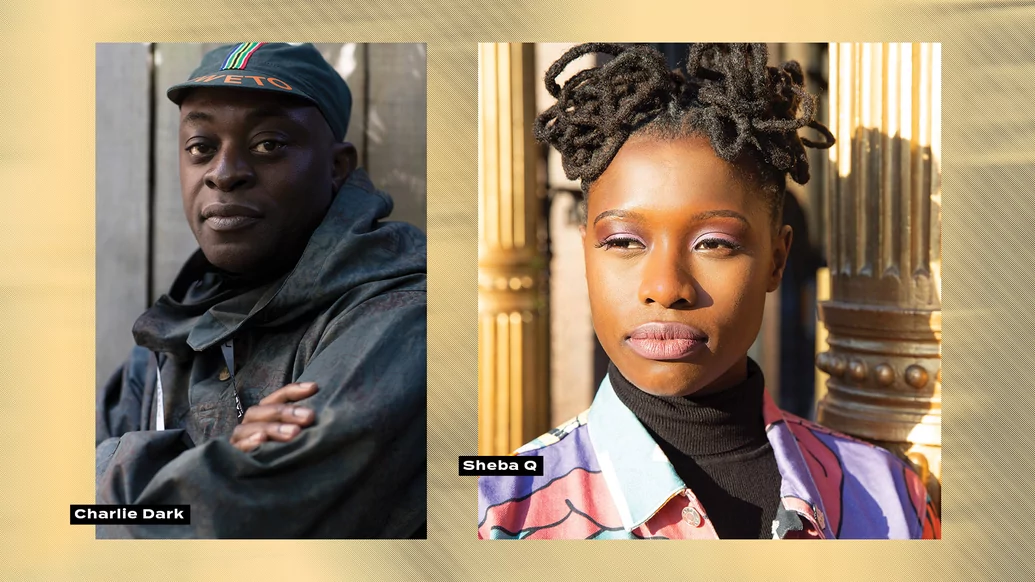
“The problem right at the heart of this issue is the idea that playing a big festival will somehow benefit your career so you will do it for free, but it makes it much more difficult for other DJs to earn a living, because people are taking jobs for free and inevitably pushing wages down” — Harold Heath
According to the International Music Summit (IMS), clubs and festivals generated $4.4bn in revenue pre-pandemic. Although this figure fell to £1bn in 2020, the value of festival tickets sold in March 2021 alone amounted to more than those sold in the whole of 2020. Outdoor music events remain big business — and it makes sense.
Festivals are in many ways the pinnacle of the electronic music calendar. They return us to the roots of the rave: the collective outdoor dancefloor where all walks of life convene and connect outside the daily rhythms of life. They offer a space for adult adventure, life-changing experiences and new (albeit temporary) ways of relating, all soundtracked by DJs.
So why, considering the industry reckoning of recent years, are some DJs still expected to play for free? “The problem right at the heart of this issue is the idea that playing a big festival will somehow benefit your career so you will do it for free,” music journalist Harold Heath tells DJ Mag, “but it makes it much more difficult for other DJs to earn a living, because people are taking jobs for free and inevitably pushing wages down.”
But some may argue that doing what you love is payment enough — shouldn’t that suffice? “What people don’t realise is this taps into your self-esteem, your self-worth and your mental health,” veteran DJ Charlie Dark tells DJ Mag. “There are bigger repercussions to this. It feeds into the lack of self-worth some DJs have when it comes to their craft.”
Dark, who began his DJ career in 1983 and witnessed the rise of ‘playing for exposure’ gigs, is still approached at times to play for free — does he? “I won’t play for free because I know my self-worth and I believe in myself,” he replies. “As a DJ, you should roll with that confidence, because it’s a craft. Ultimately, you have to ask yourself, ‘What type of DJ do I want to be?’ because that will determine the things that you accept.”
Is DJing at festivals for free simply par for the course, a right of passage as it were? Or is it time for a moral shift, one that pushes festivals to nurture new talent as well as their bottom line? For Sheba Q, the experience raised more questions than answers. “What moral obligations do we expect people to have when they’re running a business and there are a plethora of other DJs who will do it anyway?” she reasons. “It really does go back to how much power we are giving those structures, and what’s stopping us from finding a solution that benefits everyone?”
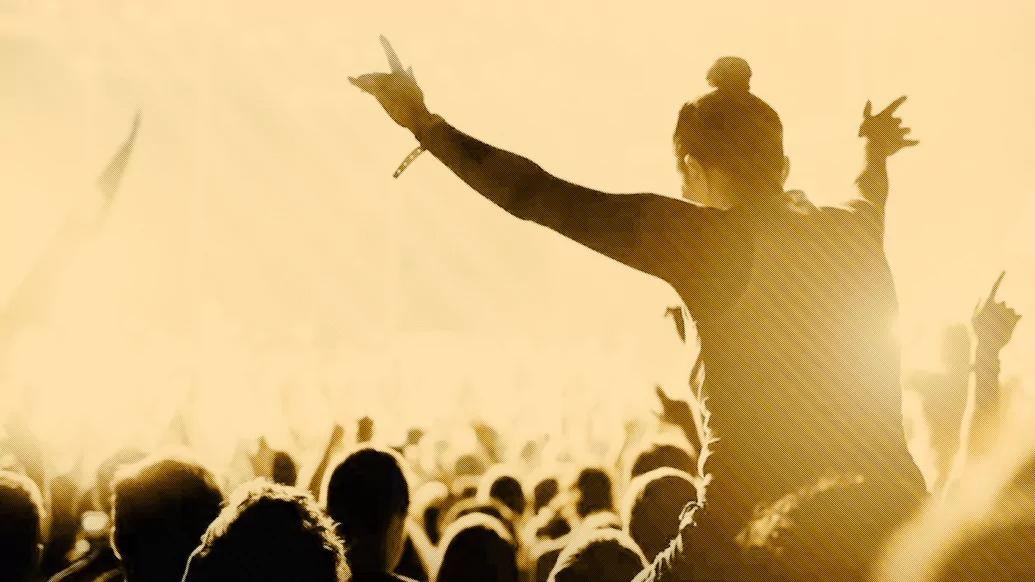
DJ Mag contacted Outlook and the festival forwarded the following statement. “Outlook has been an event at which some artists have offered themselves to perform for free in order to be a part of the show — sell-on tickets were created to help cover expenses and to give people a chance to be involved during that year where the booking budget might otherwise have been exhausted.” The statement continues: “Times have changed since Outlook’s early days and in 2022, the sell-on ticket system is used only to provide additional padding to deals and cover costs associated with joining us, not the performance fees themselves. Outlook has been moving away from this model and working hard to offer greater opportunities to artists and collectives from within our scene.”
The organisers behind Kala festival, which DJ Mag also spoke to, used to book DJs to play in exchange for flights and food costs. This year, however, they’ve changed their approach. Kala is now offering every DJ on this year’s line-up a fee minimum of £300 — signs that things may be changing.
“It’s really important for us that we’re seen as a company who always pays on time and offers opportunities in the right way,” Mainstage Festivals managing director Alan Crofton tells DJ Mag. “It’s probably harder for breakthrough acts to come through now than it was three years ago, before the pandemic, so everyone needs to evolve. I think a lot of promoters have, and I feel that we’re definitely within that group.”
In the meantime, what can DJs do to tackle the issue? “Unions,” Harold offers. “Union movements across the world have been a force for good in many different ways, providing better sickness benefits for their members, higher pay, better protection, health and safety. How can that not be a good idea for us to have a DJ union?”
“Work with people that rate you,” Dark suggests. “Create your own universe, your own world, and connect directly with your audience and your people. And if you are accepting a situation where you are going to play and there’s no money being exchanged for your time, make sure you maximise that opportunity to your advantage.
In other words: “Ask yourself, ‘What can I do to make sure that people who come and see me — whether by choice or by accident — leave knowing who I am and wanting to see me play again?’”

